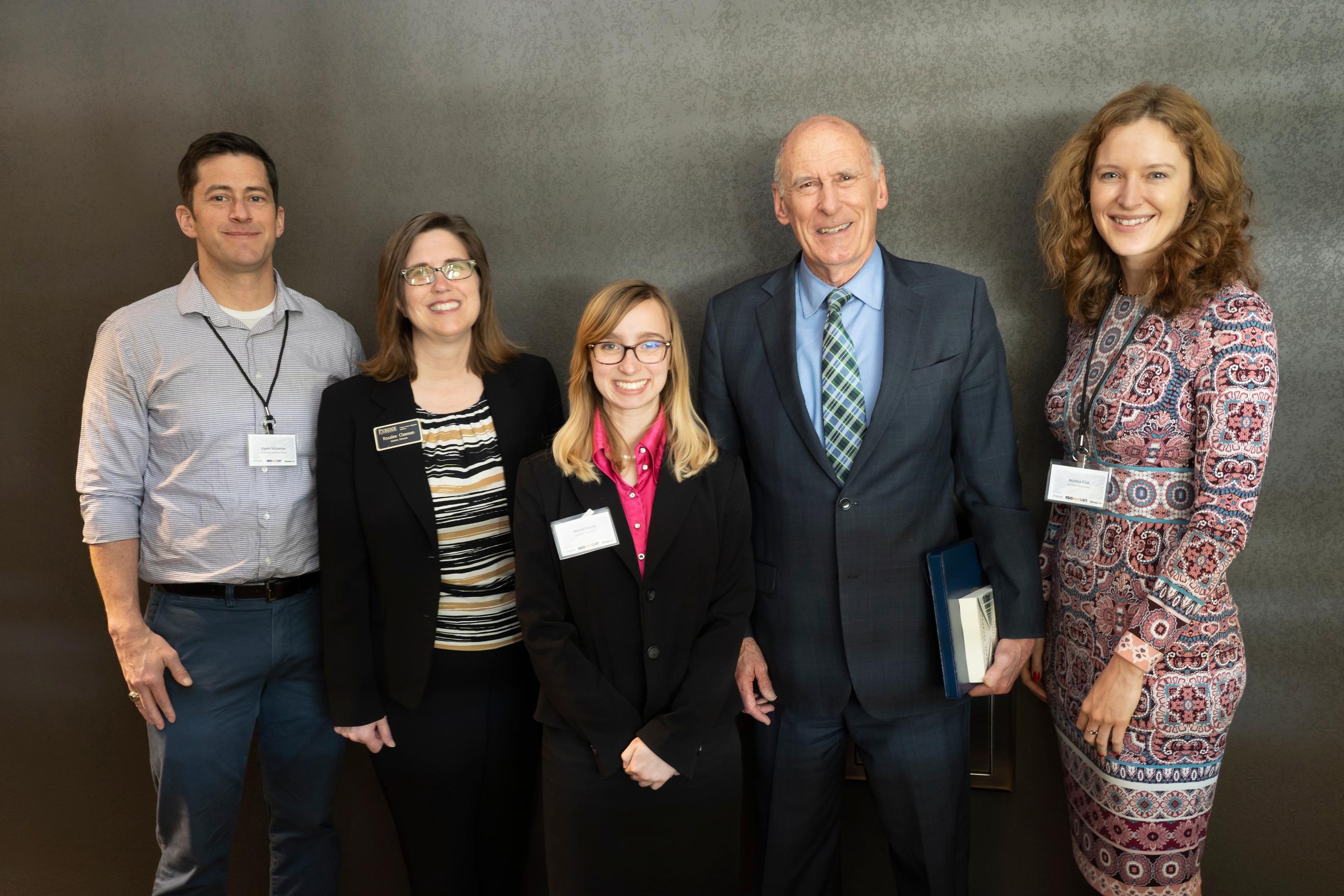
6 minute read
Movements, Markets and Transnational Networks
Written by Dr. Summer Forester and Dr. Laurel Weldon
Since 2017, scholars at PPRI have analyzed the relationship between women’s movements and women’s economic empowerment around the world. The project, “Movements, Markets, and Transnational Networks, ” is funded by the Bill and Melinda Gates Foundation and is the first systematic global analysis of the determinants of women’s economic rights, particularly with regards to land access, financial inclusion, and equality in employment laws and practices. The PPRI team updated and expanded a database of feminist mobilization in 126 countries from 1975 -2015. The new database offers extensive coverage of the global south, especially Africa, the first database to offer such coverage.
Advertisement


The School of Women and Gender Studies at Makerere University in Kampala, Uganda
2019 Fieldwork photos from Arusha, Tanzania
PHOTO CREDITS: SUMMER FORESTER

Also funded in part by the American Jewish World Service

As shown in the map below, feminist movements are present in nearly every country included in our database by 2015. As a comparison, only 40% of the countries in the database had feminist movements in 1975. This development is important because autonomous feminist mobilization is critical for reducing inequality in political and economic spheres in general. Specifically, there is a clear link between feminist advocacy and laws on women’s economic rights.
In addition to examining women’s movements and economic empowerment through quantitative analyses, PPRI team members traveled to Jordan, Morocco, Kenya, Uganda, Tanzania, Chile, and Mexico to understand how feminist activists and organizations can improve the economic status of women in these countries. We found that feminist movements teach entrepreneurs how to create sustainable business plans, pressure governments to adopt equitable economic policies, and help women become financially independent so that they can escape violent family situations.

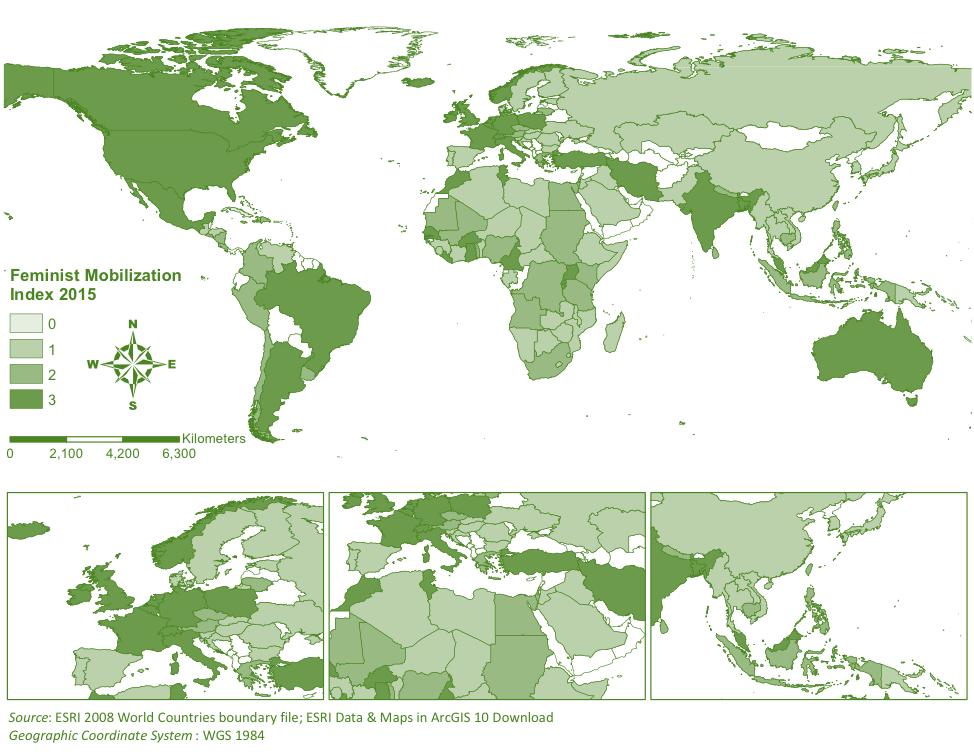
ETHICS, TECHNOLOGY, AND


05.14.2019

Keynote Speakers The Honorable Dan Coats (top) Paul Scharre (bottom)
as part of purdue university's 150th anniversary ideas festival, Discovery Park and Purdue policy research institute hosted a symposium on Ethics, Technology, and the Future of War and Security. A diverse group of experts from academia, industry, and policymaking convened to discuss the rise of artificial intelligence (AI) in military systems, the ethics of its use in war, and its impact on the balance of power in world affairs.

Written by PPRI staff and Cameron Rasmus
Keynote speakers included Paul Scharre (former U.S. Army Ranger and author of Army of None), Peter W. Singer (leading security strategist), Robert Work (former U.S. Deputy Secretary of Defense), Dan Coats (former U.S. Director of National Intelligence), and Heather Roff (AI ethics scholar). Three panel discussions explored the ethical, legal, and social implications of emerging technologies on the future of war and security.
The first panel highlighted the ethical questions of “push button
warfare.
” A host of ethical and security issues arise with the prospect of machine autonomy in the planning, command, and control systems of the battlespace. International rules of war do not currently accommodate the use of AI in killing humans. Panelists agreed that we must make a multi-disciplinary effort to develop and agree on the “morality” of AI on the battlefront. Developers must build this “morality” into the technology as they create it.


Panel 2 discussed the restrictions we might use to govern AI decision making in warfare. Full human-like morals are difficult, if not impossible, to code into machines. For that matter, ethical standards vary between nations, cultures, and individuals, making it difficult to define the moral sense with which we should imbue AI. Nevertheless, all panelists agree that the human aspect of semi-autonomous weapons is key to safety and laws. All concur that AI should focus on diminishing non-combatant casualties, rather than enhancing offensive capabilities. Instead of full autonomy, the DoD should focus on semi-autonomous machines that can be implemented with human control. P.W. Singer asserts that humans should retain control with respect to geographic and temporal boundary. Humans should not allow long-term activation of AI systems, and there should be a shutoff switch or timeframe for their use.

Pictured: Dr. Heather Roff (top); Dr. Peter W. Singer (middle); The Honorable Robert Work (bottom)


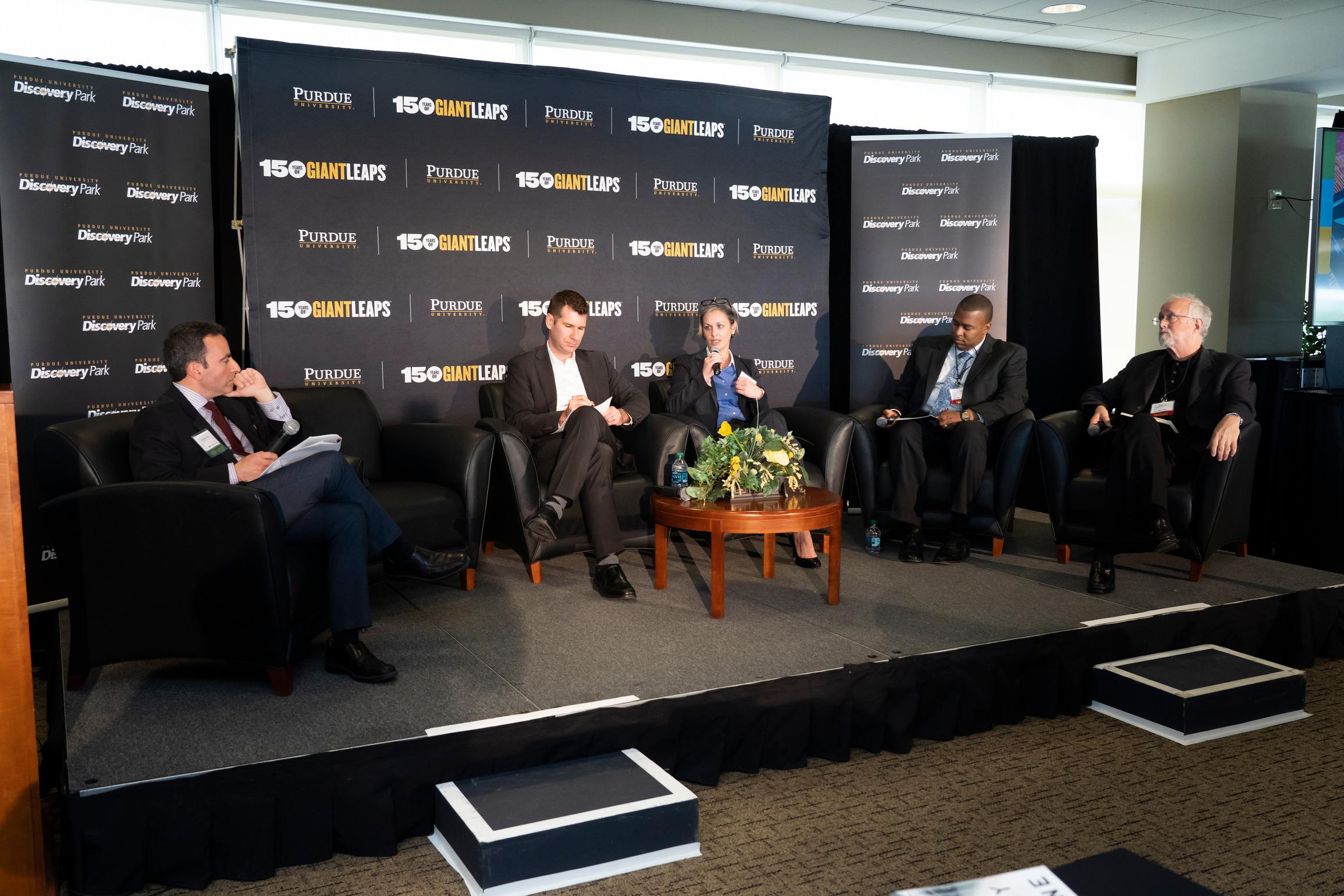
ETHICS, TECHNOLOGY, AND
Panel 2 Dan DeLaurentis, P.W. Singer, Heather Roff, Sharif Calfee, Ronald Arkin Panel 1 Sharon Weinberger, Joe Pekny, Maj. Gen. (Ret.) Robert Latiff, Don Howard, Jennifer Erickson, Tim Schultz
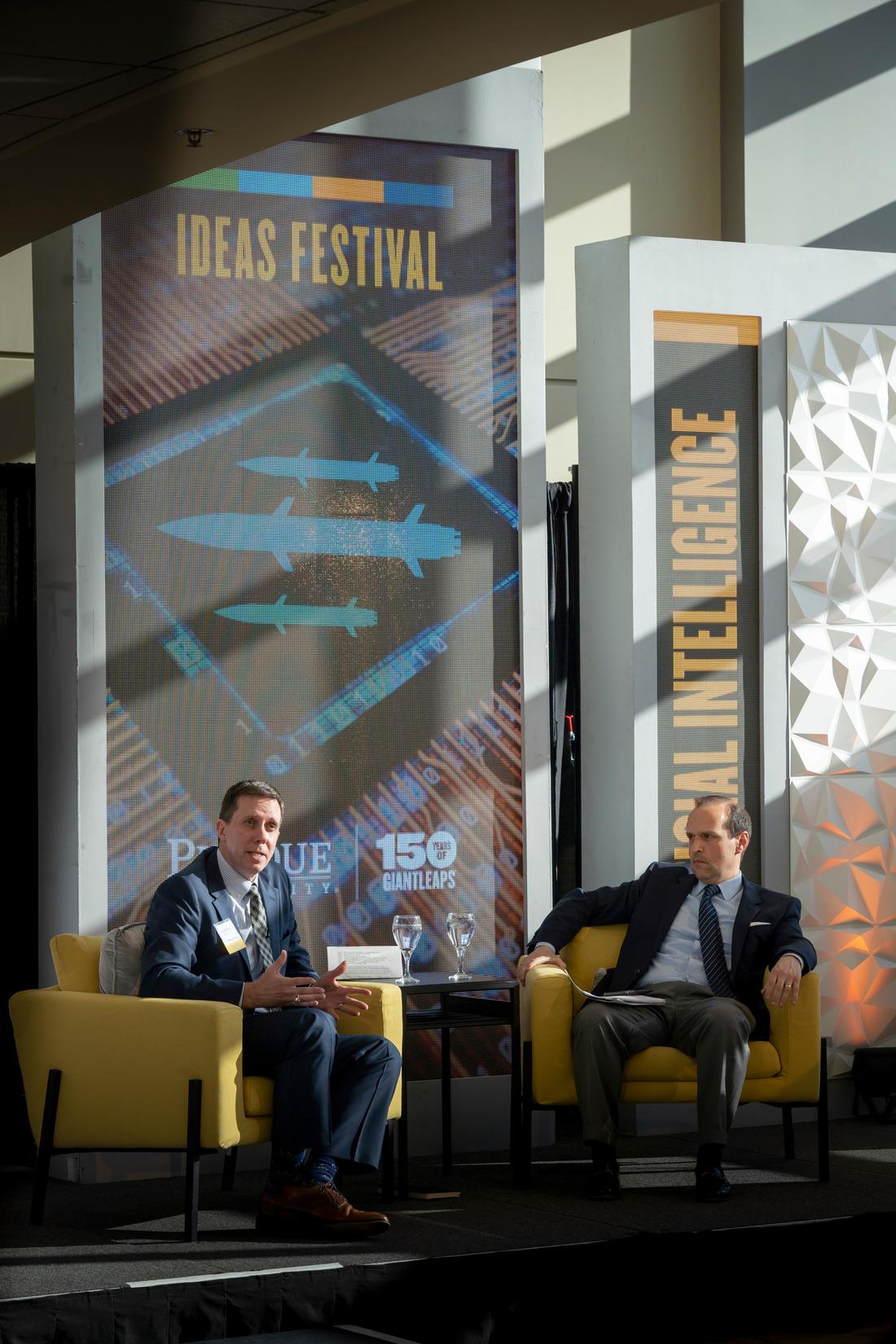
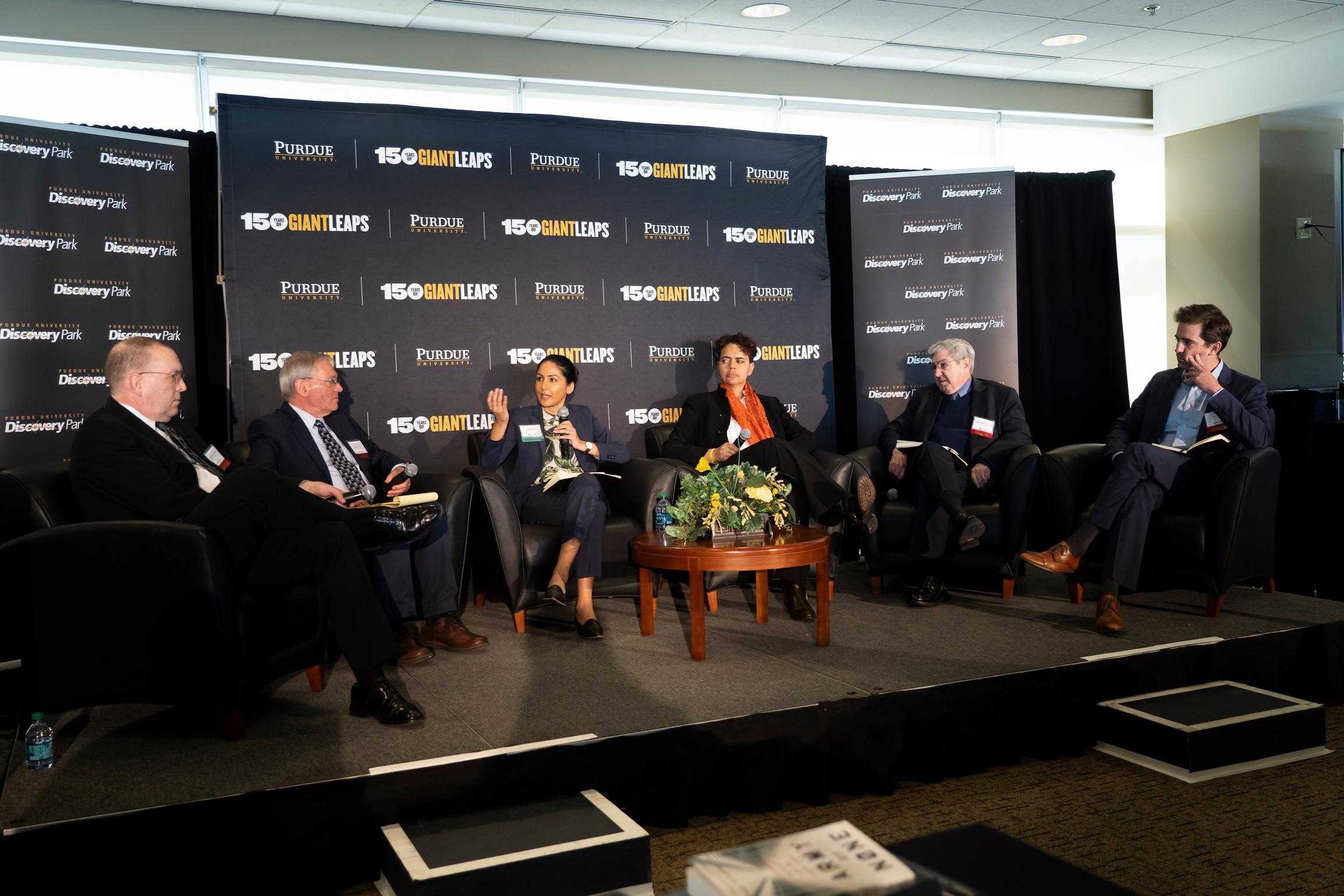
The third panel focused on global implications and perspectives on the use of AI in warfare. Thomas Barnett argued that the competition between states (e.g. Russia, China) to develop AI systems is good as it forces the U.S. to advance the research and development of AI technology. However, the race to develop the technology is outpacing the considerations of ethics and morals in the use of the machines. States could act on the fear of an opponent’s use of AI, thereby causing a larger conflict that may have been prevented by not using or testing such weapons in the first place. In this scenario, the use of AI may inadvertently lead to escalation of conflict and state on state war. Conversely, the use of AI may not necessarily lead to war between major states as most conflicts in the present are not major interstate conflicts but limited, small wars fought by proxies and paramilitaries. AI could be used to deter conflict escalation and maintain peace if weapon vs. weapon warfare gives states more time to find a diplomatic solution, saving human lives before they reach the battlefield.
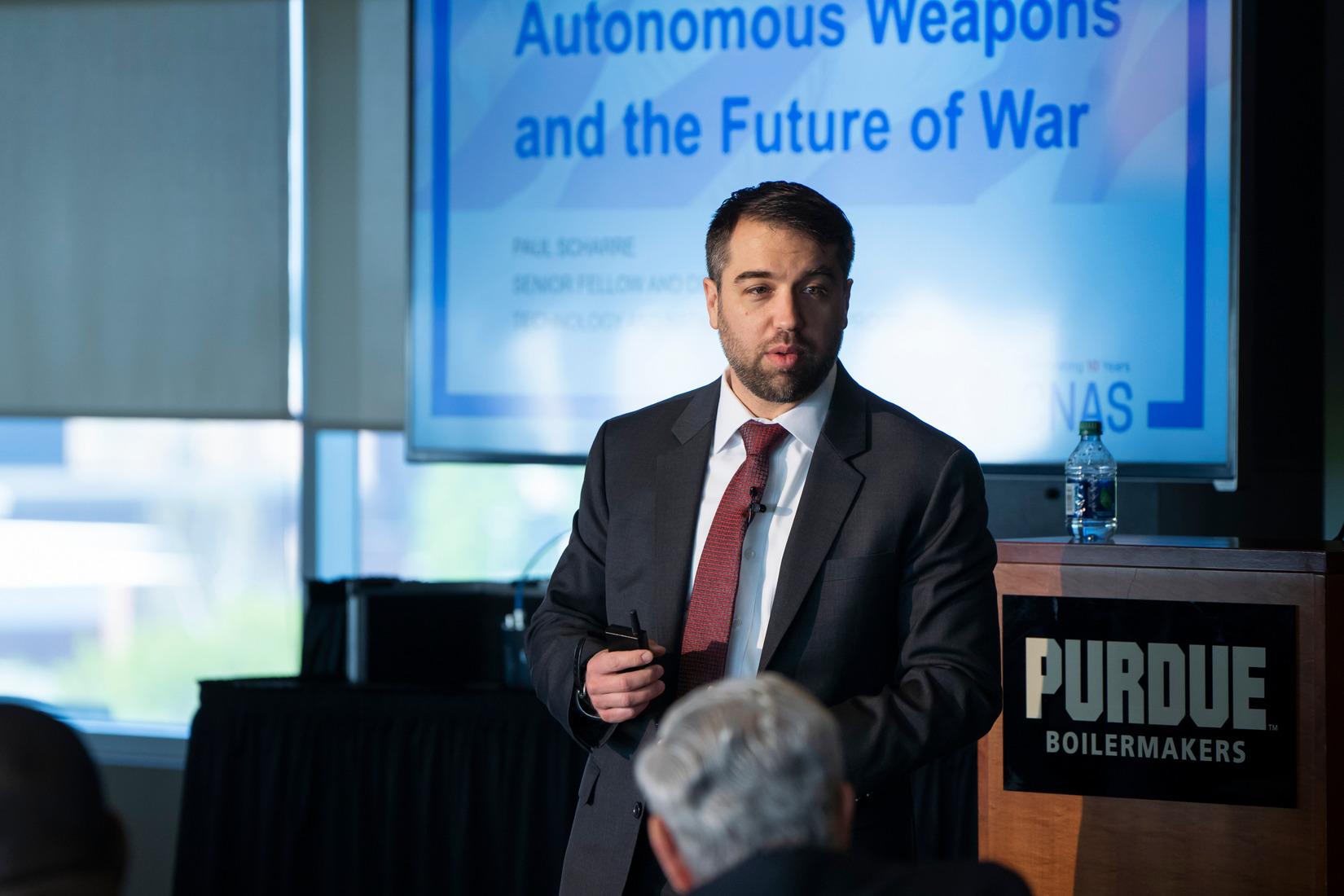
Panel 3 Thomas P.M. Barnett, Michael Klare, Swati Srivastava, Candace Rondeaux, Ambassador Ron Lehman II, Kyle Haynes
David Montgomery Minerva David Reingold Dean, College of Liberal Arts

In conjunction with the symposium, Purdue Policy Research Institute conducted a composition contest for graduate students on the question, “What IF AI waged war?”
Jessica Eise, Purdue University, Communication “The Fatal Flaw” (creative writing piece)
Kevin Schieman, University of Notre Dame, Philosophy “Killer Robots: Our ethics are not the problem” (essay)
Muriel Eaton, Purdue University, Medicinal Chemistry & Molecular Pharmacology “A Taste of Hope” (fictional podcast)
Pictured (left to right): Kevin Schieman, Dr. Rosalee Clawson, Muriel Eaton, The Honorable Dan Coats, Jessica Eise
